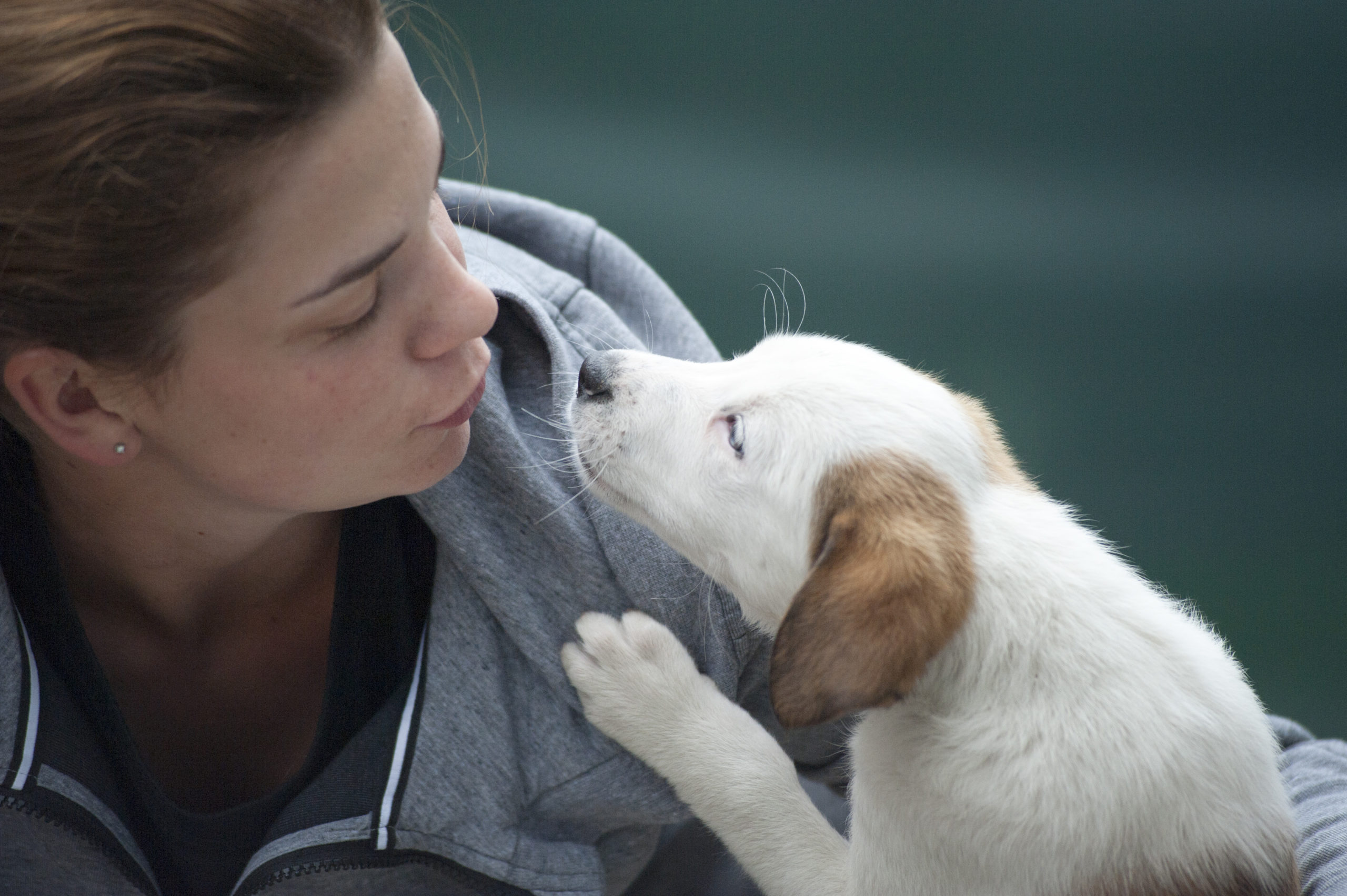COVID-19 and Our Pets
by Laura Switkowski
The Coronavirus or COVID-9 is a new strain of a virus that originated in Wuhan, China from a live animal market. Since then, it has been transmitted to thousands of people through human contact around the world. Since this disease originally came from an animal, it has led people to ask if can we transmit this virus to our own pets?
Many people have given their pets up to shelters in fear that they will make their pet ill or their pet will make their family ill. Shelters have become overpopulated and underprepared. While there are new details emerging daily with this virus, the short answer to the question is that our pets are not at a high risk from this virus. As of today, there is not substantive evidence that has shown a pet having respiratory signs with an infected owner. The American Veterinary Medical Association (AVMA), has set guidelines that if you are infected with the virus, it is best to restrict your activity with your pet and other animals just to be cautious. They also state that if you must take care of your pet you may want to consider wearing a mask if you are going to be in close contact with them.
There have been a few cases where household pets have been tested for SARS-CoV2 which is the virus that causes COVID-19. The first pet tested was a 17-year-old Pomeranian in Hong Kong whose owner tested positive. The dog had a “weak positive” via nasal and oral swab but never showed any respiratory symptoms. They also tested via rectal and fecal swab which were negative. The dog did pass away shortly after, however, the dog was 17 years old which is a very long life and also had other underlying health issues. Because of these issues, it is not thought that COVID-19 was the cause of death.
The second pet tested was a 2-year-old German Shepherd that also tested positive for SARS-CoV2 after their owner had tested positive. Another dog in the household had tested negative. After 4 days, the German Shepherd was re-tested and found to be negative. The pet also did not show any respiratory signs. Out of 17 dogs and 8 cats that were tested that had positive owners, these were the only two cases that pets were found to be positive. It is unknown if the virus only sits in their nasal and oral cavities which leads them not to be ill.
The most recent case involves a Tiger from a zoo in New York. Several tigers from the zoo started to show respiratory symptoms. One of the tigers was tested and found to be positive for SARS-Co2. It was thought that the tigers caught this virus after a zookeeper that was directly handling them tested positive. Other species at the zoo have tested negative. So far, this is the only other species that have shown respiratory signs after testing positive.
With all of this known information, it is best to be cautious. In summary, household pets have not been known to show any symptoms or become ill if they are housed with an owner that has tested positive. It is also believed that if a pet does test positive that humans have transmitted the virus to the pet. There is no information of pets transmitting this virus to their owners. To be safe, It is best if you are having respiratory symptoms or have tested positive for COVID-19 that you try to limit contact with your pets. If your pet does become ill it is recommended to see your local veterinarian or emergency veterinary hospital.













